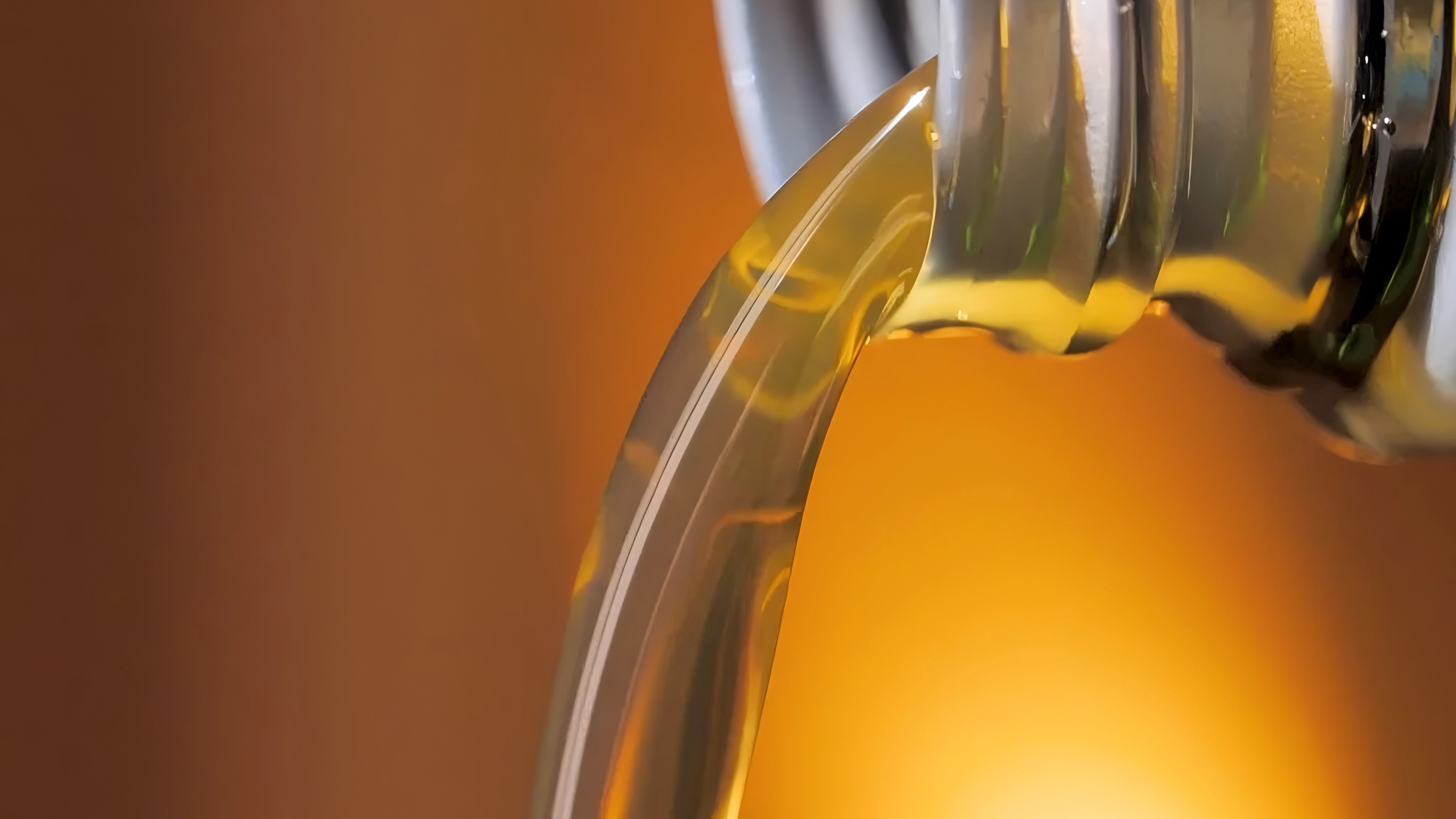
How does Molybdenum dialkyl dithiocarbamate work in lubricant?
What is MoDTC?MoDTC stands for Molybdenum Dithiocarbamate. It is a type of chemical compound commonly used as an additive in lubricants, particularly engine oils. MoDTC functions primarily as an anti-wear agent, helping to reduce friction between moving parts and prevent the formation of wear and tear. Additionally, MoDTC can also act as a friction modifier, corrosion inhibitor, and antioxidant in lubricants. It is especially known for its effectiveness in improving fuel efficiency and engine longevity by forming a protective film on metal surfaces.
How does MoDTC work?
Molybdenum dialkyl dithiocarbamate (MoDTC) functions as a friction reducer in lubricants by forming a thin, low-friction film of molybdenum disulfide (MoS2) on metal surfaces under high shear conditions, essentially acting as a solid lubricant that significantly reduces friction between contacting parts within a lubricated system; this film is created through a tribochemical reaction where the MoDTC molecule breaks down and rearranges itself on the surface when subjected to pressure and shear stress during contact between moving parts.
Key points about MoDTC in lubrication:
Tribofilm formation:
The primary mechanism of MoDTC is the formation of a "tribofilm" of MoS2 on the metal surface, which acts as a slippery layer that reduces friction.
Shear-induced activation:
This tribofilm formation is triggered by the high shear stresses experienced during relative movement between surfaces, causing the MoDTC molecules to break down and reorganize into MoS2.
Boundary lubrication:
MoDTC is particularly effective in boundary lubrication regimes, where there is minimal fluid film between surfaces, providing excellent wear protection in high-pressure contact areas.
Factors affecting MoDTC performance:
Temperature:
Higher temperatures can accelerate the formation of the MoS2 tribofilm, but excessive temperatures can also degrade the film.
Load:
Increased load can promote the formation of a thicker MoS2 film, leading to better friction reduction.
Base oil compatibility:
The choice of base oil can affect the solubility and stability of MoDTC in the lubricant.
Applications of MoDTC:
MoDTC (Molybdenum Dithiocarbamate) is widely used in the manufacturing of lubricants, especially for engine oils and industrial lubricants. It serves several key functions in lubricant formulations:
Anti-Wear Agent: MoDTC forms a protective layer on metal surfaces, reducing friction and wear between moving parts. This helps to extend the lifespan of engines and machinery by minimizing damage caused by metal-to-metal contact.
Friction Modifier: By reducing friction, MoDTC can contribute to better fuel economy in engines. It helps to lower the energy loss due to friction, improving the efficiency of the engine.
Corrosion Inhibitor: MoDTC has corrosion-resistant properties, which help protect engine components from rust and corrosion, especially in harsh operating conditions where moisture or contaminants may be present.
Antioxidant: It helps prevent the oxidation of oils and lubricants, which can lead to the formation of sludge and varnish, ultimately improving the stability and performance of the lubricant.
Improved High-Pressure Performance: MoDTC enhances the performance of lubricants under high-pressure and high-temperature conditions, making it especially useful for heavy-duty applications.
Typical Usage in Lubricant Manufacturing:
Engine Oils: MoDTC is commonly used in motor oils, especially in formulations for high-performance engines. It is often used in conjunction with other additives like zinc dialkyldithiophosphate (ZDDP) to enhance anti-wear properties.
Gear Oils: It is used in industrial gear oils to protect gears under extreme pressure and to reduce friction.
Industrial Lubricants: MoDTC is also utilized in various industrial lubrication applications, including hydraulic fluids and compressor oils.
Challenges in Manufacturing:
Compatibility: MoDTC may have compatibility issues with some other additives, particularly those containing phosphorus. This requires careful formulation to avoid detrimental effects on the lubricant's performance.
Environmental Impact: The potential environmental impact of MoDTC, like its contribution to sulfur content in oils, needs to be considered, as it could lead to emissions of sulfur oxides under combustion.
MoDTC Supplier
UNPChemicals is a professional and trusted lubricant Additives supplier manufacturing high quality and range of MoDTC 525A and 525B according to your workflows and products. If you are looking for high performance organic molybdenum lubricant additive solution, feel free to contact us.